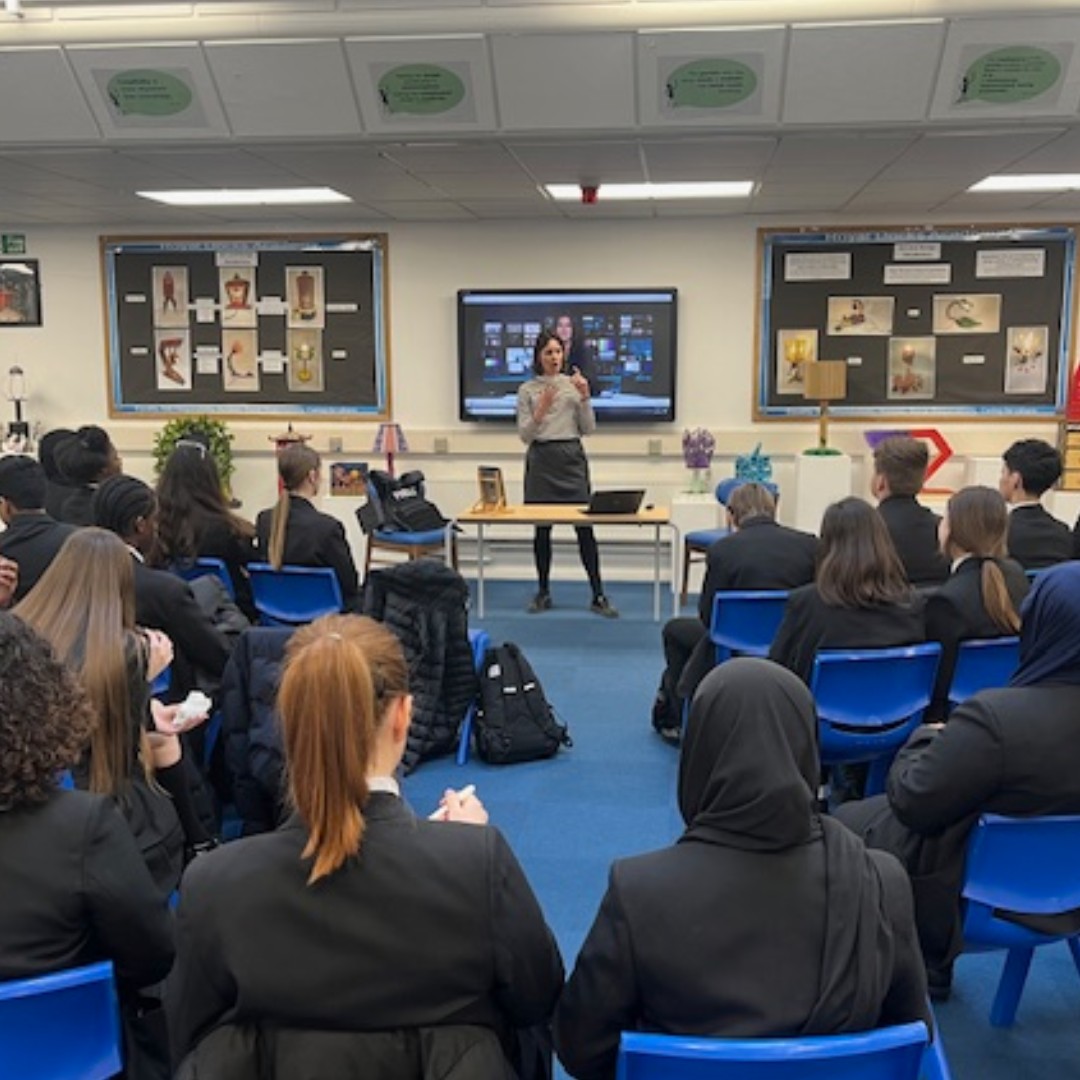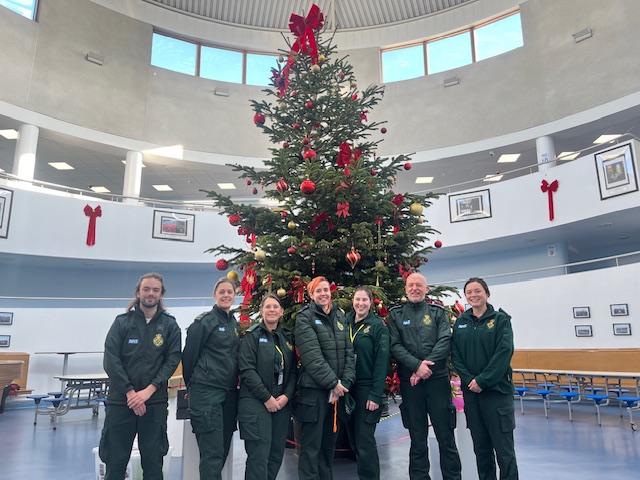Latest News

Support for children with PMLD
Posted: 6th April 2020Young people with profound and multiple learning difficulties (PMLD) are being supported at home by their highly trained teachers.
The majority of the 26 students at the Designated Resource Provision at Royal Docks Academy are staying home through the Coronavirus pandemic due to their health conditions.
Their four teachers and 15 support staff are trained to not only handle their personal care and behaviour, but to help them to learn and achieve their potential.
While just two students are attending the school site, the rest are being supported remotely by their specially trained teachers.
Zama Shozi, head of the PMLD unit, said: “It has been a very complex logistical situation. The team has worked really hard to be in school or to support our families at home.
“Our children have underlying health conditions and severe behaviour difficulties, so we have to make sure they are safe and that all of those areas are covered. Their parents would love them to continue coming to school, but they have respiratory problems and so that is not possible right now.
“We are supporting our families, making regular phone calls to make sure they are coping. We are in contact with social care and the NHS who work in the community to ensure the needs of our children are still being met. We are also speaking with local pharmacies to make sure they do not run out of medication. They are the sort of things they would be accessing while in school.”
The unit is working to put suggestions on its website for fun and stimulating activities students can do at home with their families.
Mrs Shozi believes by schooling pupils at home, parents will realise what their children are capable of.
She said: “Our parents will begin to realise how capable their children are. They may have other children and so don’t generally get to spend time with just one child at a time. I am hoping this time will see them realise how engaged they are and how much they are able to be a part of what is happening in their family home.
“We are giving students activities they can do together with their families. There is so much you can do with children with limited mobility. If there is a family member sat next to them having a conversation with them, they will be happy. We all want to hear people talk to us, even if we can’t answer back. If you see them enjoying that, you can make it something you do every day.”
Students attending school are taking part in functional skills-based activities, such as football, gardening and cooking.
























